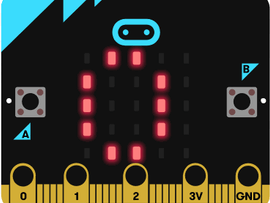micro:bit & the Global Goals
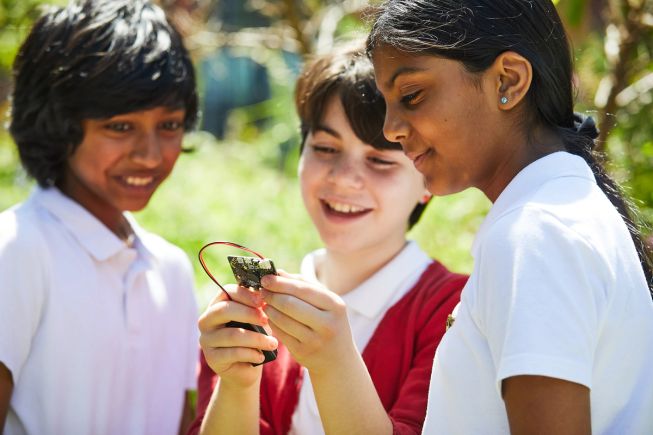
do your :bit brings together the micro:bit and the UN’s Global Goals to provide inspiring activities for your classroom or club and an exciting digital challenge for you to run.
Resources for your classrooms and code clubs
Use the resources on this page to introduce the Global Goals, have fun with the micro:bit and develop world-changing ideas and solutions using technology.
If you are running a do your :bit challenge for your students, we'd love to hear about it. Email us on info@microbit.org and tell us about your plans, or share your creations on social media using #doyourbitwithmicrobit.
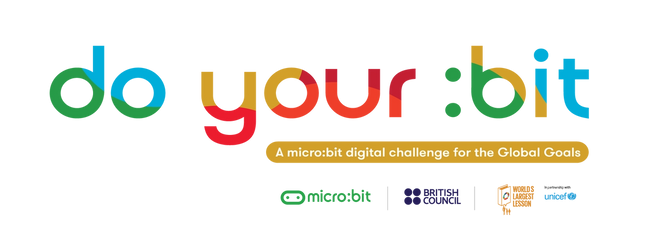
Run your own do your :bit challenge
1. Introduce the Goals
1. Introduce the Goals
2. micro:bit projects
2. micro:bit projects
3. Design and prototype
3. Design and prototype
4. Celebrate success
4. Celebrate success
do your :bit challenge pack
To help you run the challenge, we've put together a pack of materials to help you celebrate your students' success, each step of the way.
Download certificates, posters, bunting, sticker sheets and our logo to run your own do your :bit challenge. The download bundle also includes guidelines for use of the do your :bit logo.
Global Goals guides
The UN’s Global Goals or Sustainable Development Goals (SDGs) are a call for action by all countries to promote prosperity for everyone while protecting the planet. Use our guides to introduce the Goals to students and young people.
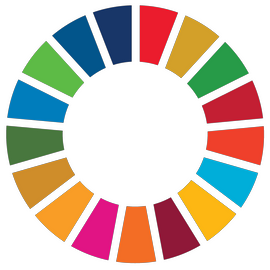
Find out more about the UN Goals
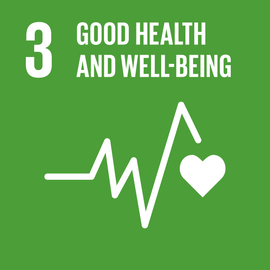
Introduce Goal 3 to students
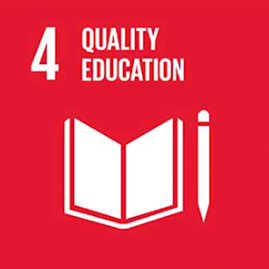
Activities linked to Goal 4
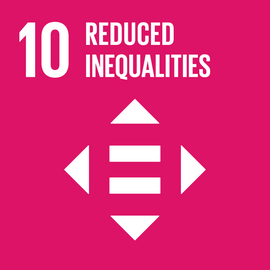
Activities linked to Goal 10
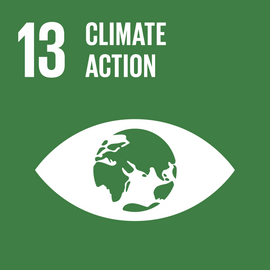
Activities linked to Goal 13
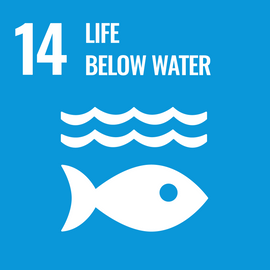
Activities to introduce Goal 14
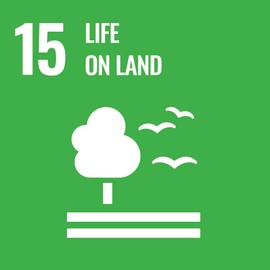
Introduce students to Goal 15
micro:bit projects
Quick projects in MakeCode to help you explore the Global Goals with the micro:bit!
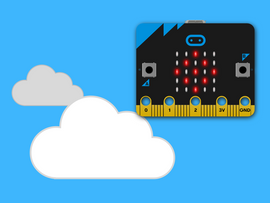
Regulate your breathing and relax

Identify emotions or use smiley faces to assess understanding.

Identify emotions or use smiley faces to assess understanding.
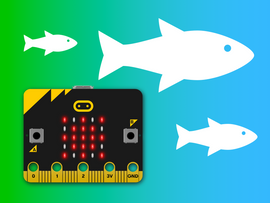
Prototype safer fishing nets
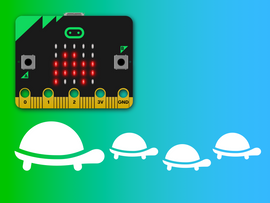
Prototype turtle-safe beach lighting
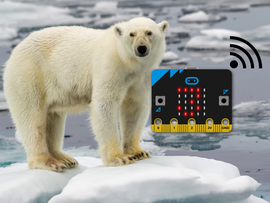
Build a prototype radio animal tracker
Lessons
Use our Lessons to run prototyping activities linked to the Global Goals.
Only available in English language.

Three simple projects to learn about the importance of being active to help prevent heart disease and create wearable devices to encourage people to be more active. Design challenges for finding solutions to the Global Goals for sustainable development (SDGs).

Two simple projects to learn about the threats faced by fish and sea turtles and how technology can help them survive and promote bio-diversity. Design challenges for finding solutions to the Global Goals for sustainable development (SDGs).

Two simple activities exploring how technology can be used to protect biodiversity in your neighbourhood and the wider world using the BBC micro:bit. Design challenges for finding solutions to the Global Goals for sustainable development (SDGs).

Three simple projects to learn about the importance of road safety at night and create wearable devices to help young people ‘Be Safe: Be Seen!’ Design challenges for finding solutions to the Global Goals for sustainable development (SDGs).

Two longer, advanced projects to explore how wireless networks, smart materials and algorithms can help keep our oceans clean. Design challenges for finding solutions to the Global Goals for sustainable development (SDGs).

Two advanced projects to explore how technology can protect plant life and increase food production. Design challenges for finding solutions to the Global Goals for sustainable development (SDGs).

Five lessons designed for students aged 11-14 years to follow on from the ‘Computing fundamentals’ unit. Students work in teams to design and prototype their own health tech innovation.

Four lessons designed for students aged 11-14 years. Students explore sensory classrooms and design and create their own sensory learning aids using the BBC micro:bit.

Gather data about energy use around you using the BBC micro:bit as a simple data logger, then process and analyse the data to make informed decisions about reducing energy usage
Inspiration
You can get inspired in your own classroom by exploring the creative solutions designed by previous participants in the do your :bit challenge.
do your :bit is no longer run as a global competition by the Micro:bit Educational Foundation but you can use our resources to run your own local version and ensure as many young people as possible can get involved.
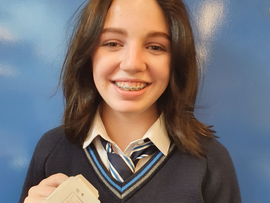
Read more about the 2022 creations.
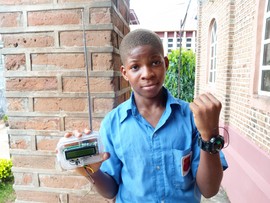
Find out more about the 2021 highlights.
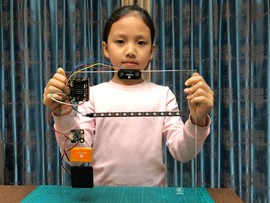
Read about their solutions.
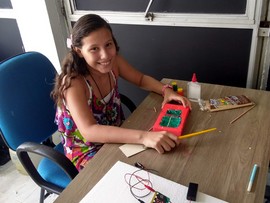
Find out about their creations.
